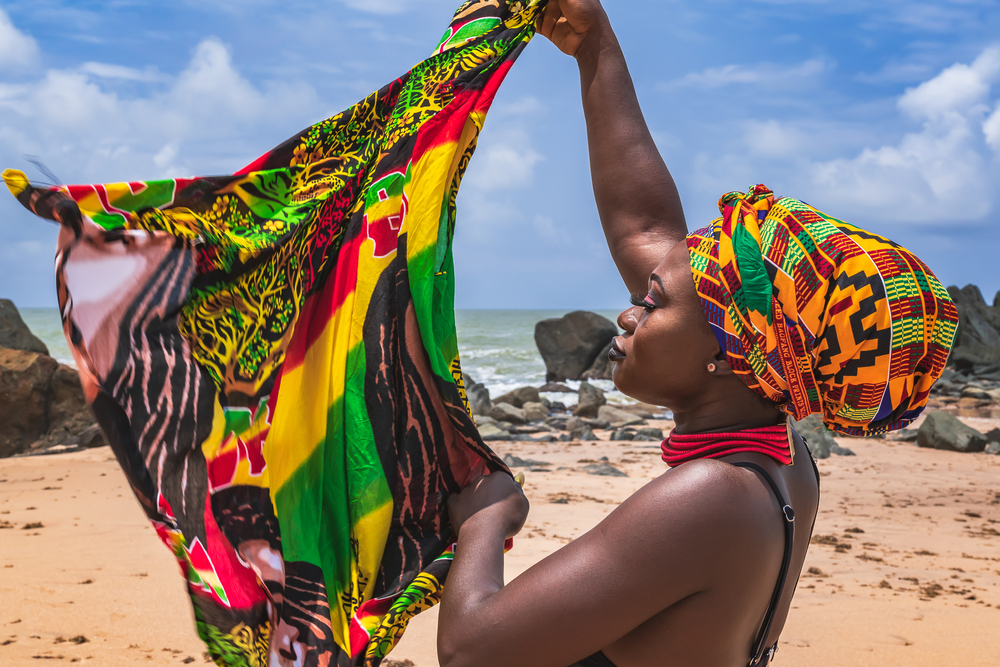Tourism in Ghana is like a fine wine; it keeps getting better and better with time. The peace and stability of Ghana have contributed immensely to its tourism.
Like many colonized nations, heritage tourism, which focuses on the history of slave routes, was one of the earliest forms of tourism Ghana had to boast of.
This form of tourism was used as an opportunity by the then president at the time as a means to create extra revenue for the country. Forts and castles along the coastal lines, used during the times of the slave trade, were restored to entice foreigners into the country. A visit to Cape Coast Castle, Elmina Castle, Osu Christianborg Castle, James Fort, Ussher Fort and William Fort will give you a feeling of gloom as you walk through its dark hallways and dungeons—with the stench of its past also preserved over the years.
Subsequently, the Ghanaian cultures practiced by its diverse people began to attract both internal and external tourists. Festivals are one of the most patronized forms of tourism in Ghana.
The Homowo festival, by the Gas in Accra, attracts many foreigners who trek in to watch the carrying of leaves by family members of twins to be disposed of in the lagoon…which is a mysterious yet beautiful sight to watch.
Down to the preparation and sprinkling of this unique food by the community chief during August. The festival is followed by a week-long street arts festivity dubbed “Chalewote Festival,” one of Ghana’s most patronized arts festivals.
The paragliding on the Kwahu mountains during Easter holidays Now has hotels fully booked for the season in the area. The Aboakyiri Festival in the central region involves the capturing of a live deer is beginning to attract a lot of people.
As the years roll by, these destinations continue to attract tourists.
International tourist arrivals grew from 392,500 to 1.13 million from 2005-to 2019.
The Ministry of Culture and Tourism created “year of return” and “beyond the return,” which includes all forms of tourism as a means of attracting foreigners—especially Africans living in the diaspora, to come to Ghana and visit historical sites.
According to the Ghana Tourism Authority, Ghana’s tourist sites were up to 41%. Over a hundred hotels and resorts have been built within three years in the Volta Region alone, a prime tourist area with its topography.
Looking back, tourism in Ghana has significantly progressed from just heritage tourism to an all-inclusive form of tourism, attracting both local and international tourists to revel in its cultural tourism.








